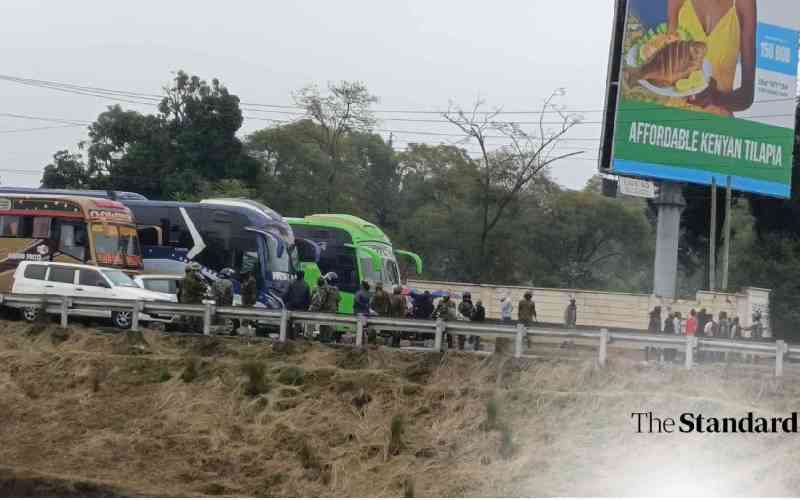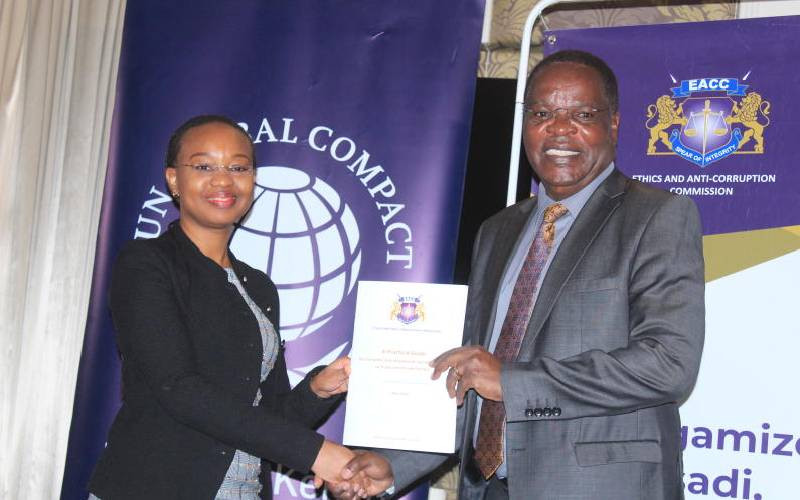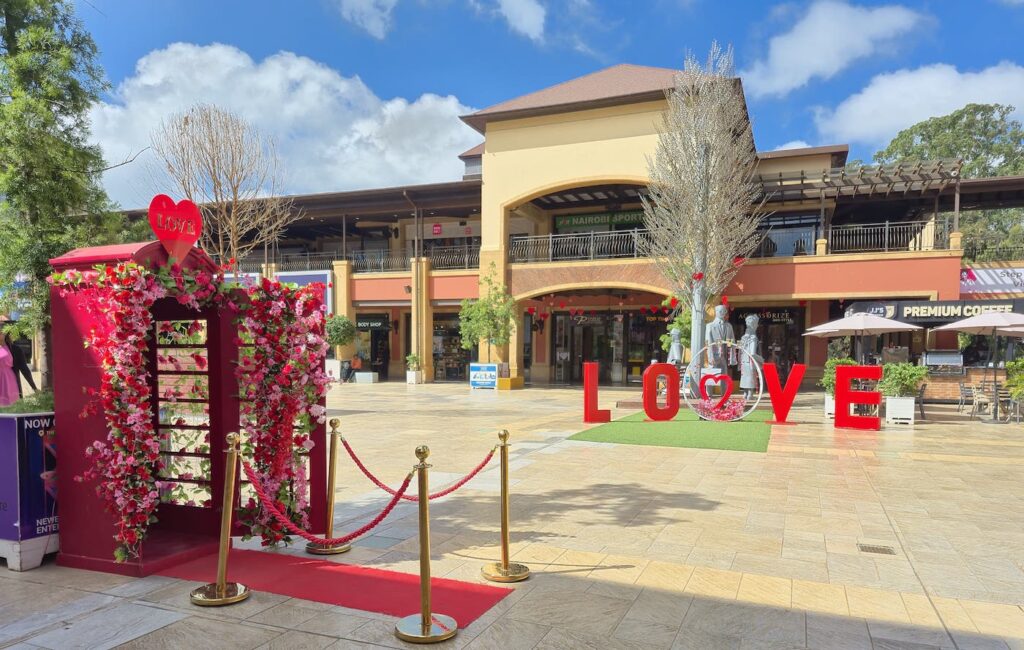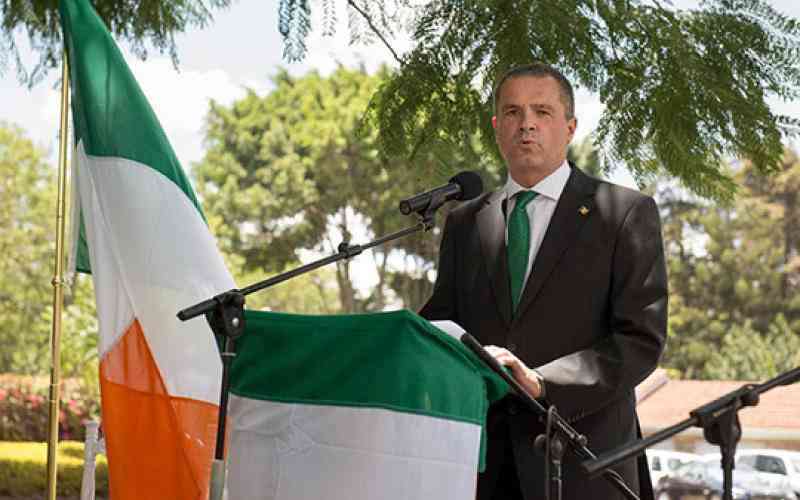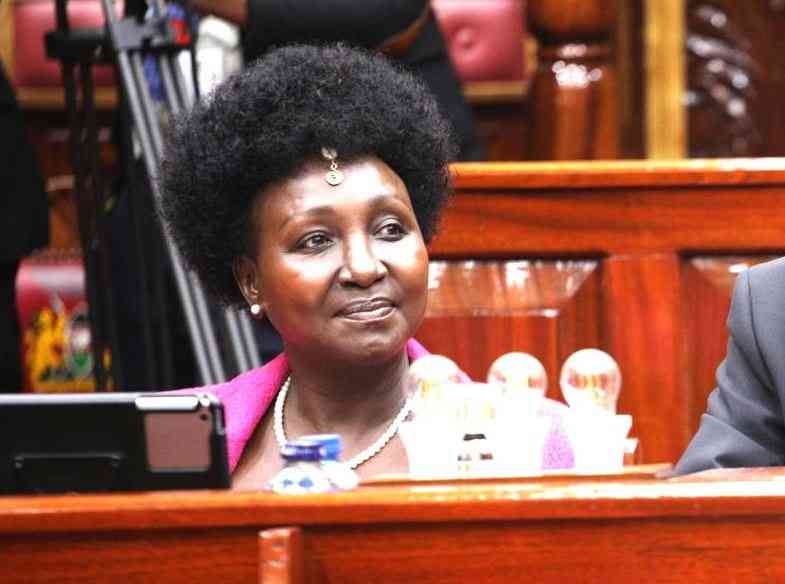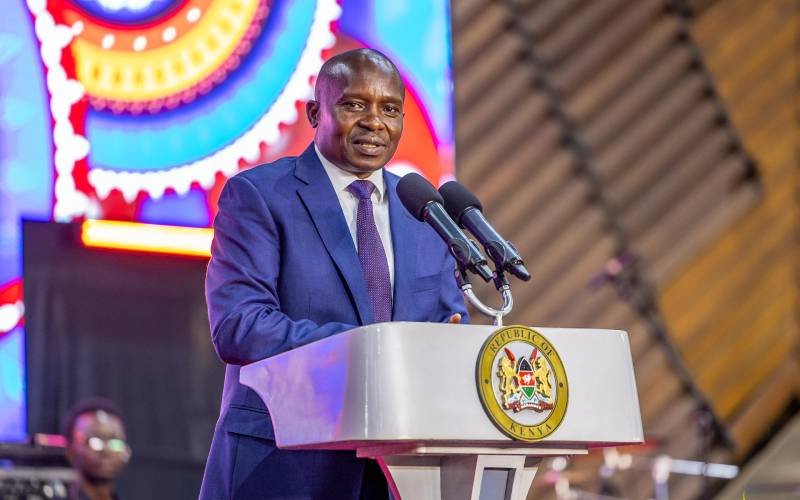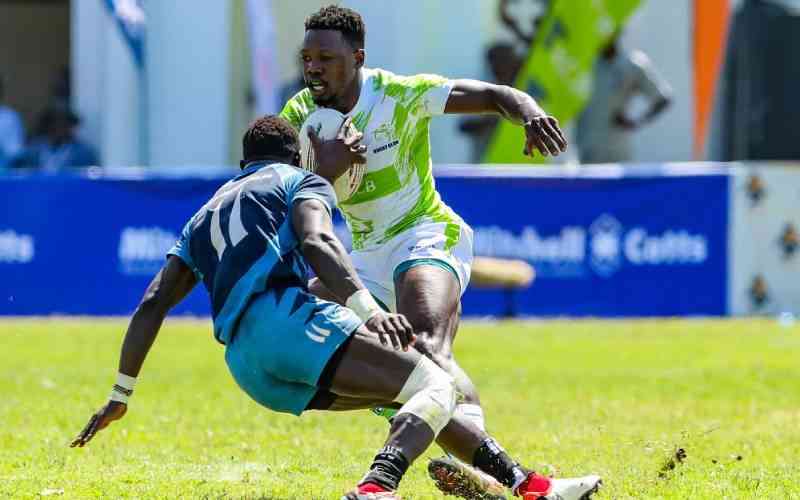What the majority expected to be a calm day turned into a nightmare for public transport users across the country, as Kenyans marked a Saba Saba punctuated by gun-toting police.
Many commuters who depend on public service vehicles to get to work were forced to return home or find alternatives, including walking long distances, especially for those with urgent errands or medical needs.
In Nairobi, all major roads leading to the city centre were cordoned off, with a heavy police presence. However, unlike previous crackdowns, the roadblocks were set up far from the city centre to discourage protesters from accessing downtown areas.
Matatu associations have now reported that the sector suffered nearly 90 per cent in losses, totalling approximately Sh800 million in a single day.
“We didn’t expect that the government is going to block the roads because we had been assured that Saba Saba would be just a normal working day. We woke up expecting to work as usual,” said Wilfred Bosire, Secretary General of Mass Mobility Operators
“The sector alone is a multi-billion business, we incurred losses of between Sh800 million to Sh1 billion. We have had demonstrations before, and it had not reached a point that we were unable to operate,” Bosire added.
He said transport was paralysed not only in Nairobi but also in nearly all counties, with some major highways, such as the Nakuru–Nairobi road, rendered impassable.
Meanwhile, Matatu Welfare Association Chairman Dickson Mbugua said losing a single day of operation was a blow to the sector. He noted that most operators, particularly those with newer vehicles, are repaying daily loans. He added that some roads were closed as early as 4 am.
“When public transport is affected, the economy grinds to a halt because most people rely on our services,” he said.
Poor protest handling
The best way to avoid this kind of instability is for the current leadership to address the real issues Kenyans are trying to raise,” added Mbugua.
Mbugua pointed out that Saba Saba demonstrations have existed for more than three decades and that past leaders have managed them without shutting down business in the capital.
“If we were able to resolve such issues then, why not now? Our current leadership must understand that engaging the public is not an act of weakness. It would earn the President praise across the world,” he said.
Stay informed. Subscribe to our newsletter
On Sunday, Kenya Railways suspended its passenger train service from Mombasa to Nairobi—a move widely linked to the Saba Saba protests.
However, Railways Managing Director Philip Mainga said the disruption was due to a technical hitch, emphasising that passenger safety remains the top priority.
In the capital, normal business along the busy Thika Superhighway was significantly disrupted yesterday. Shops remained closed, and public transport services were largely unavailable.
The highway is a vital artery, connecting Nairobi to agriculturally rich Central Kenya and northern regions beyond.
Police battled protesters attempting to march along the highway towards the Central Business District (CBD) to commemorate Saba Saba.
To prevent this, police erected roadblocks at Kahawa Sukari, Githurai, Roysambu, All Soaps, Ruaraka, and near Guru Nanak Hospital. Other blockades were set up opposite the Kenya Institute of Education (KIE) and at the Globe Cinema Roundabout. Police and military vehicles dominated the roads.
Only a handful of private vehicles were allowed to pass after lengthy questioning at checkpoints.
At the Ruaraka Junction, police at one point struggled to contain protesters attempting to reach the CBD. Officers lobbed tear gas canisters and fired into the air to disperse the crowd.
Mountain Mall—home to Naivas Supermarket, which was looted during the June 25 Gen Z protests—remained closed. So did nearby Quickmart and Magunas Supermarkets. Major businesses, including malls, hotels, eateries, colleges, and universities, shut their doors for the day.
Some demonstrators carrying Kenyan flags and singing patriotic songs were repulsed at the Ruaraka Junction footbridge.
At Akai Plaza, opposite Mountain Mall, which hosts Aga Khan Hospital, private security guards from Olosho Security Services Ltd were stationed with bows, arrows, and spears. Protesters along the highway demanded handouts from the few vehicle owners who managed to pass, before allowing them through.








